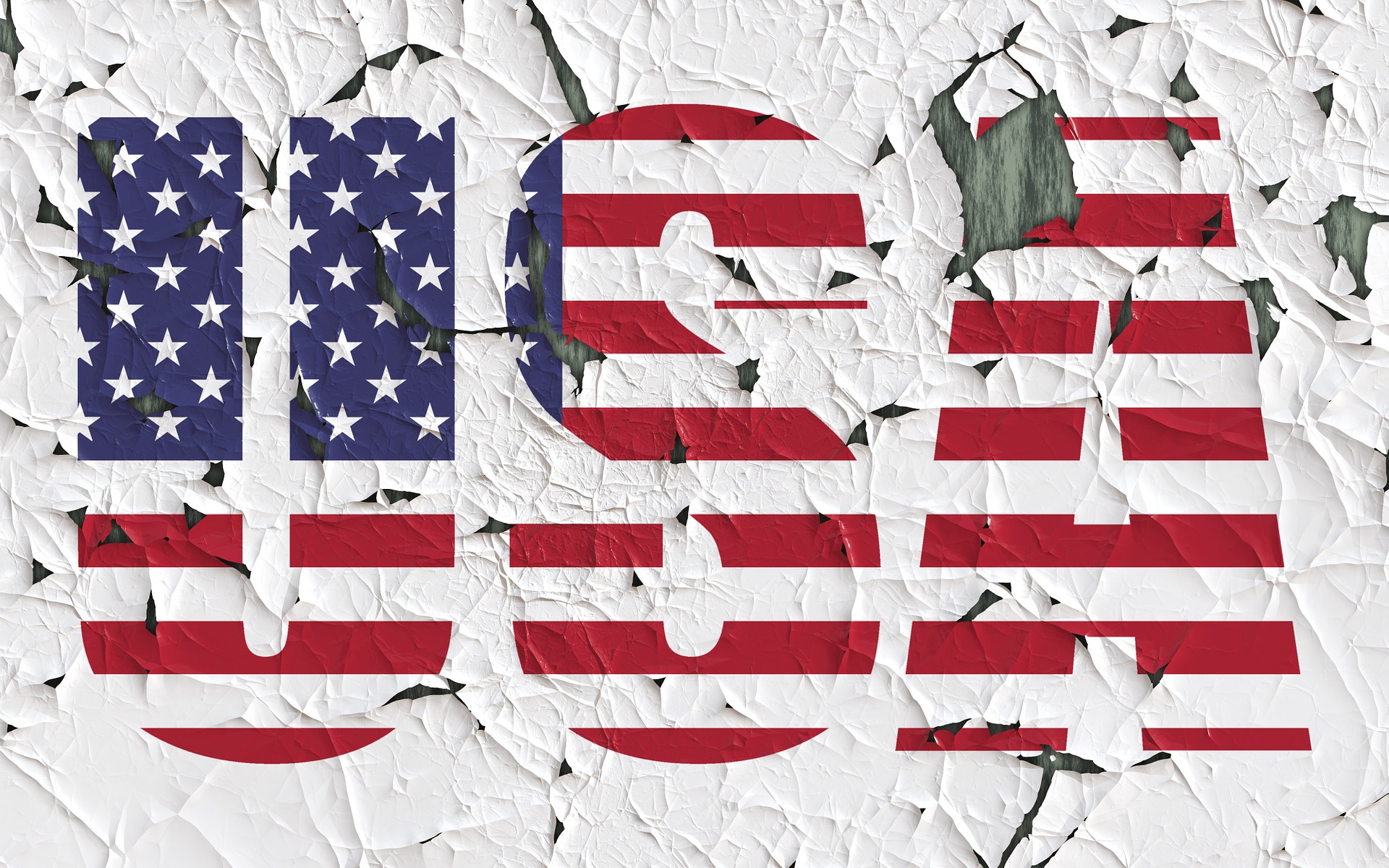In what’s considered an official statement from the FDA, cannabidiol (CBD) in food and dietary supplements is illegal, despite their increasing popularity and availability.
According to Steven Tave, director of the office of Dietary Supplement Programs in the FDA, “Anyone who thinks CBD is lawful is mistaken.” He made this statement publicly at the Council for Responsible Nutrition Conference in Dana Point, CA that took place mid-October. He continued by stating, “I’m not sure why it’s out here. Just because we haven’t taken enforcement action people seem to think it’s OK.”
During his speech, Tave made note of sections 201(ff)(3)(B)(i) and (ii) of the FD&C Act which specifically prohibit THC and CBD from being used in edible products and dietary supplements. Interestingly, that clause makes no mention of other cannabinoids such as CBN, which brings us back to the complicated legal grey space of cannabinoids once again. He also referenced the FDA’s current method of approving dietary supplements which is centered around three main concepts: consumer safety, product integrity, and improved decision-making.
For any compound to be approved, it has to go through the lengthy NDI (new dietary ingredient) notification process to make sure the ingredients are proven safe for consumer use. Tave happened to mention that NDI’s typically have a higher success rate when the submitter has met with FDA staff to discuss their product/ingredient, which is not always possible.
The next point in the approval process is product integrity, which is in place to protect customers from potentially harmful products and it also protects companies from damaging their reputations by preventing them from releasing untested (or under-tested) products.
The third focus in this process is improved decision-making, thought to prevent companies from making unfounded claims about their products. For example, some companies have claimed their products can help with opioid withdrawals, others say their products can help prevent cancer, etc. Any and all medical claims related to dietary supplements need to be tested and verified by the FDA.
In Tave’s final moments on stage he added, “we all know that dietary supplements are regulated but regulations on the books are not enough. The goal should be a market that is effectively regulated.”
This is all technically to prevent tainted and unsafe products from reaching the consumer market, although as you can see in this scenario with CBD, it can be a bit of an overreach with negative consequences as well. Especially when considering the fact that federal laws have been blocking what could have been beneficial and informative cannabis research for many years. Basically, for a product to be approved it needs to be harmless, effective, and properly labeled; which most CBD products already are. Unfortunately, until the laws catch up to the research, it may be difficult to get past the FDA’s rigid checklist.







